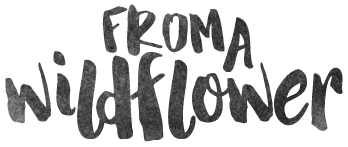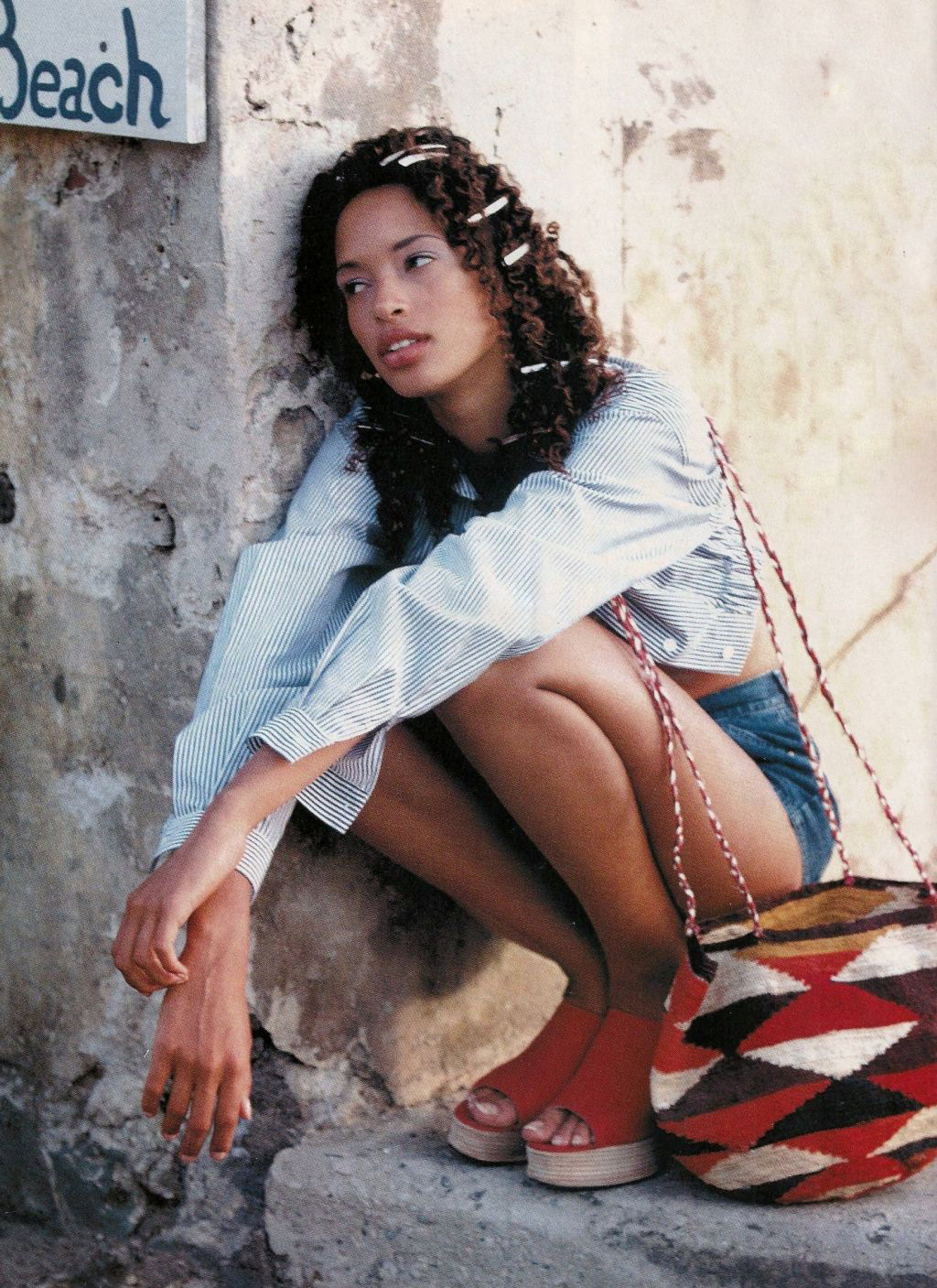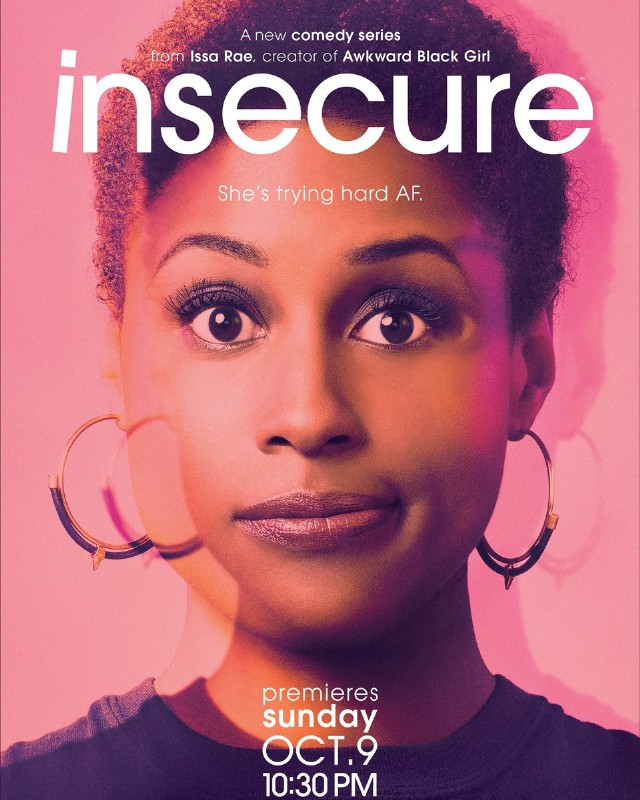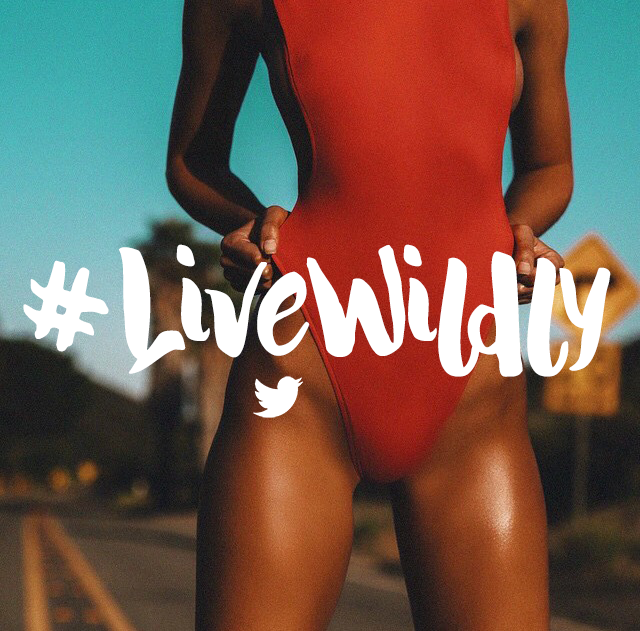It was a series of unfortunate events when I declared my major during the sophomore year of college. English with a concentration in Literature and Culture also meant that I had to partake in Women’s Studies courses. Initially, I was turned off because I had always taken feminists and the likes there of to be a group of people complaining about how horribly women are treated in a male dominated society. But sitting in those rooms I learned something far different from that.
Feminism has been a primarily white movement. Not up until recent decades/years has it even moved to include women of color, and even with that, the idea of actually including them has — to me — been slightly skewed. This is where my first issue came into play.
Feminists are fighting for women’s rights in direct comparison to men, but based on race and ethnicity but there is no way that they can all be fighting for the same thing. Now, let me stop here and clarify. Generally, yes, this can be done—and by generally I mean the surface demand of the same social, political, and economic rights and opportunities as men. But the issue comes in when the surface is being scrapped away and women are no longer just women. Culture, race, religion and a number of other things spew from beneath the chipped pieces. And that moment is when such a movement can no longer be contained. There is no longer a monolithic consensus or answer because, beyond the surface, women are not monolithic beings. But there is a still a voice. There is a still an argument for women’s opportunities. But who exactly is speaking?
Some feathers might be ruffled, and you might find it hard to move, but fly with me…
I remember sitting in Women’s Studies classes among a majority of white students with 3 or 4 black students other than myself, listening to talk of the objectification of black women to the point where they (we) deemed it necessary to wear leotards to clubs and shake their behinds for men, and feeling our five faces’ reaction to such finite accusations. Up-Side-Down. We would rebuttal that it wasn’t objectification, but rather an aspect of the culture. Sorry world, but a lot black girls tend to enjoy twerking for men and for themselves (and this was far before Miley). No one’s forcing us to do it, either.
Sitting in these classes, I was able hear the loudest voice in feminism and it sounded nothing like mine. And from that moment on, I declared that that was not something I would be a part of. Now, does that mean that I look to be objectified by men and would be less of who I am for sake of a man? Not at all, but that has nothing to do with feminism. It has nothing to with men. It has everything to do with me knowing and being proud of who I am.
This past weekend Beyoncé released an unexpected self-titled album (and I’ll leave that at that, and save all the stanning for another post). But I’ve seen various arguments about whether she should or should not be considered a feminist based on aspects of the album. We all know that Beyoncé has been under the general feminist scope for some time now. Back around April, she called herself a “modern-day feminist” and unfortunately put herself under their umbrella, giving them ample opportunity to essay-argue about her.
But to me, that’s missing the point and is rather hypocritical in the scheme of “let’s work together to take down the oppressor,” but then again, what do I know?
A lot of females, be they young or old, have no idea who they are. This isn’t necessarily a negative thing, but rather an aspect of growing. However, a lot of females are not being afforded with the opportunity to grow and find out who they are and live from that point. Everyone around them is telling them who they should be, how they should be, how they should dress, what they should do in public versus in private, and the list goes on.
This bell rings a lot like the feminist one that’s being rang in Beyoncé’s favor, or demise.
She’s not a feminist for this.
She is one for this.
Did you see her butt in all those videos?
“Bow Down” is disrespectful to women, but “Flawless” is empowering.
But then she did this and it kind of makes her not a feminist.
Then she had the nerve to have her daughter in a video.
She shouldn’t do this or that.
“i woke up like dih”
If she did more of this, that would be good.
Now, this essay isn’t one written in the defense of Beyoncé because at the end of the day, she can do what she wants as she is a grown woman (no pun) who has no direct effect on what’s happening to and with me. But unlike the voice of those feminists in my classes and feminists overall, Beyoncé’s voice sounds a lot like mine, and if not mine, a lot of people I know. But most importantly her voice fearlessly sounds like her own.
Throughout our lifetimes, we have seen a lot of Michelle Obama’s and Oprah’s and Kerry Washington’s and Phyllicia Rashad’s. There was no way to miss them. Their appearances and accomplishments have been fed to us for breakfast, lunch and dinner for most of our lives. This is the way to carry yourselves as black women. With class and poise, but powerful. Find a good man with a good job. Speak properly and clearly. Don’t curse or show your body or talk about your “special time” with your husband. Don’t be too sexy or too boastful. That’s not how a black woman should be. So, in attempt for black female excellence, this is how many of us attempt to live our lives. But why should we?
As great, beautiful and poise as these women factually are, why should I be expected to speak in that tone if it’s not that of my own. Why should I be expected to wake up, put on a face full of make-up and long gown or suit and greet everyone I meet with a smile? Why can’t I wake up, throw on some sweats, tell some chicks to “Bow Down” and tell them dat I woke up like dih and still feel like the beautiful me with or without a man. Not like Beyoncé. Not because Beyoncé did. But like me. Because I want to. Because that’s in fact how I feel that day.
While she may not be a “feminist” by general assets applied to the term, she is in the midst of her power, speaking to females with a voice a lot like their own telling them to take pride in who they are, what they like to do, what they do and have no fear in presenting that to whoever is looking on, regardless of men. To me, one holds some more weight than the other.
Porsalin Hindsman
Pitched Entry







